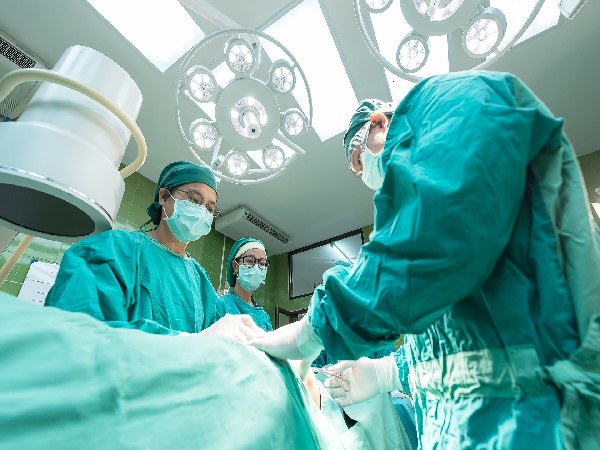

Researchers from the University of Virginia School of Medicine have developed a non-invasive way to remove faulty brain circuits that could allow doctors to treat debilitating neurological diseases without the need for traditional brain surgery.
The study has been published in the ‘Journal of Neurosurgery‘.
The UVA team, together with colleagues at Stanford University, indicated that the approach, if successfully translated to the operating room, could revolutionize the treatment of some of the most challenging and complex neurological diseases, including epilepsy, movement disorders and more. The approach uses low-intensity focused ultrasound waves combined with microbubbles to briefly penetrate the brain’s natural defences and allow the targeted delivery of a neurotoxin. This neurotoxin killed the culprit brain cells while sparing other healthy cells and preserving the surrounding brain architecture.
“This novel surgical strategy has the potential to supplant existing neurosurgical procedures used for the treatment of neurological disorders that don’t respond to medication,” said researcher Kevin S. Lee, PhD, of UVA’s Departments of Neuroscience and Neurosurgery and the Center for Brain Immunology and Glia (BIG).
“This unique approach eliminates the diseased brain cells, spares adjacent healthy cells and achieves these outcomes without even having to cut into the scalp,” Lee added.
The new approach is called PING, and it has already demonstrated exciting potential in laboratory studies. For instance, one of the promising applications for PING could be for the surgical treatment of epilepsies that do not respond to medication. Approximately a third of patients with epilepsy do not respond to anti-seizure drugs, and surgery can reduce or eliminate seizures for some of them. Lee and his team, along with their collaborators at Stanford, have shown that PING can reduce or eliminate seizures in two research models of epilepsy. The findings raised the possibility of treating epilepsy in a carefully-targeted and non-invasive manner without the need for traditional brain surgery.
Another important potential advantage of PING is that it could encourage the surgical treatment of appropriate patients with epilepsy who are reluctant to undergo conventional invasive or ablative surgery.
Lee and his collaborators detail the ability of PING to focally eliminate neurons in a brain region while sparing non-target cells in the same area. In contrast, currently available surgical approaches damage all cells in a treated brain region.
A key advantage of the approach is its incredible precision. PING harnessed the power of magnetic resonance imaging (MRI) to let scientists peer inside the skull so that they can precisely guide sound waves to open the body’s natural blood-brain barrier exactly where needed. This barrier is designed to keep harmful cells and molecules out of the brain, but it also prevented the delivery of potentially beneficial treatments.
The UVA group’s new paper concluded that PING allows the delivery of a highly targeted neurotoxin, cleanly wiping out problematic neurons, a type of brain cell, without causing collateral damage.
Another key advantage of the precision of this approach is that it can be used on irregularly shaped targets in areas that would be extremely difficult or impossible to reach through regular brain surgery.
“If this strategy translates to the clinic,” the researchers write in their new paper, “the non-invasive nature and specificity of the procedure could positively influence both physician referrals for and patient confidence in surgery for medically intractable neurological disorders.”
“Our hope is that the PING strategy will become a key element in the next generation of very precise, non-invasive, neurosurgical approaches to treat major neurological disorders,” said Lee, who is part of the UVA Brain Institute.